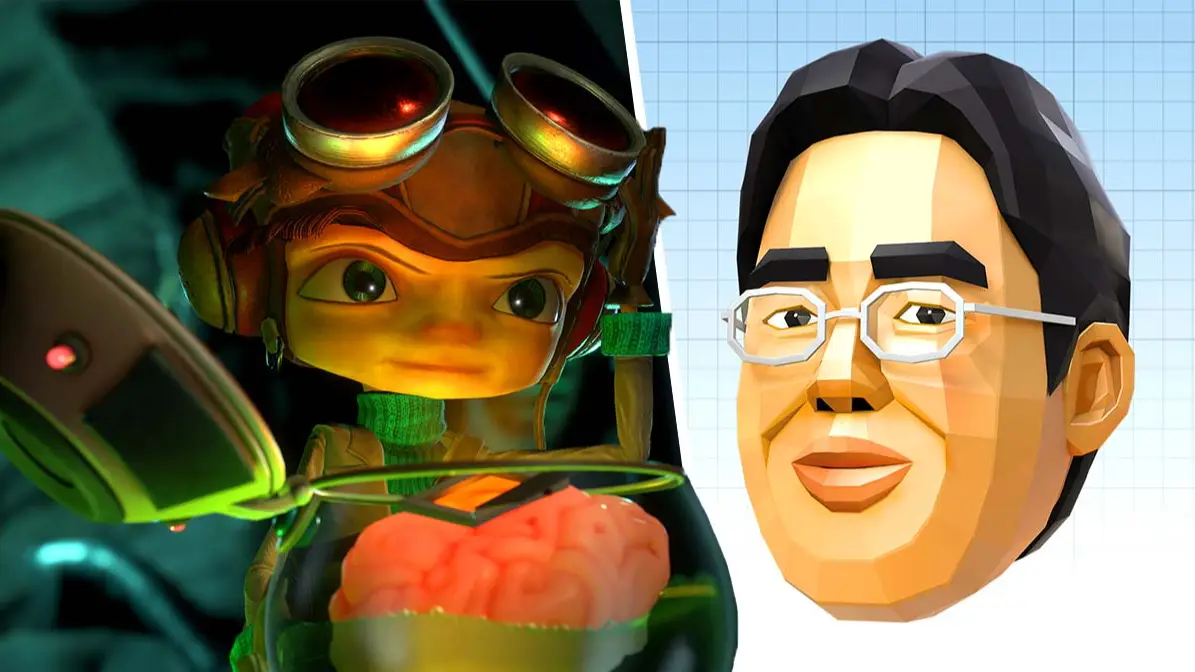
Just in case you needed another reason to prove why video games are great, findings from a brand new study have suggested that playing games may not only improve people’s decision making skills, but also lead to “enhanced activity” in some parts of the brain.
As reported by SciTechDaily, the study involved 47 college-age participants (28 “regular video game players” and 19 people who didn’t play video games), who had to lie inside an FMRI machine with a mirror. They were shown a cue, then a display of moving dots, and were asked to indicate which direction the dots were going in (or, if they were moving at all).
Check out the trailer for the Switch version of Dr Kawashima's Brain Training below.
Advert
“Video games are played by the overwhelming majority of our youth more than three hours every week, but the beneficial effects on decision-making abilities and the brain are not exactly known,” lead researcher Mukesh Dhamala said. “Our work provides some answers on that. Video game playing can effectively be used for training - for example, decision-making efficiency training and therapeutic interventions - once the relevant brain networks are identified.”
The results of the study showed that the participants who play video games were not only faster in their response time, but were also more accurate. Furthermore, the FMRI scan results indicated that they had enhanced activity in some areas of the brain.
“These results indicate that video game playing potentially enhances several of the subprocesses for sensation, perception, and mapping to action to improve decision-making skills,” the authors of the study wrote. “These findings begin to illuminate how video game playing alters the brain in order to improve task performance and their potential implications for increasing task-specific activity.”
Another recent study’s findings suggested that kids who spend time gaming are more likely to be smarter when they’re older, meaning that we spent our childhoods all being very productive, actually. Big wins all round.
Topics: Real Life